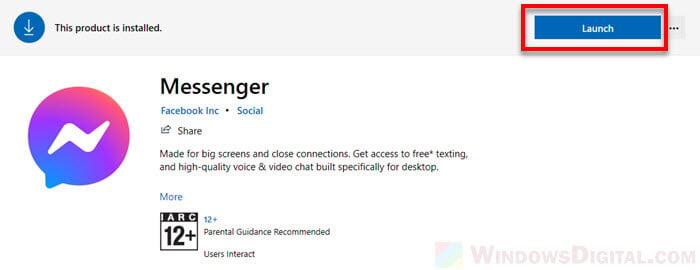

"HKEY_CURRENT_USER\Software\Microsoft\Protected Storage System Provider". The base key of the Protected Storage is located under the following key: The passwords are stored in a secret location in the Registry known as the "Protected Storage".

If you do that, it's recommeneded to return the permissions Change the permission of entire Security key.Use at command to run RegEdit.exe as SYSTEM user: (doesn't work under Vista).This key is not accessible from RegEdit and other tools by default, but you can use one of the following methods This key contains multiple sub-keys, and the sub-keys which store the dialup passwords contains one of theįollowing strings: RasDefaultCredentials and RasDialParams. Dialup/VPN Passwords (2000/XP/Vista/2003):ĭialup/VPN passwords are stored as LSA secrets under HKEY_LOCAL_MACHINE\Security\Policy\Secrets.
MESSENGER SHARE LOCATION FROM WINDOWS PASSWORD
You can use my Network Password Recovery utility to view all passwords stored in these Credentials files.
MESSENGER SHARE LOCATION FROM WINDOWS WINDOWS
Windows Vista: \AppData\Roaming\Microsoft\Credentials\ and.\Local Settings\Application Data\Microsoft\Credentials\\Credentials Windows XP/2003: \Application Data\Microsoft\Credentials\\Credentials and.The credential file is stored in the following locations: If you choose to save the password, the encrypted password is stored in a credential file. When you connect to the file system of another computer on your network (something like \\M圜omp\MyFolder), Windows allows you Windows Network Passwords (XP/Vista/2003):.However, you can use this information to remove unwanted saved passwords from your system. many applications store the passwords in a way that prevent you from moving them to another computer or user profile. So I prepared a list of password storage locations for more than 20 popular applications and Windows components.īe aware that even if you know the location of the saved password, it doesn't mean that you can move it from one computer to another. Many people ask me about the location in the Registry or file system that Windows applications store the passwords. See also: Windows Password Recovery Tools


 0 kommentar(er)
0 kommentar(er)
